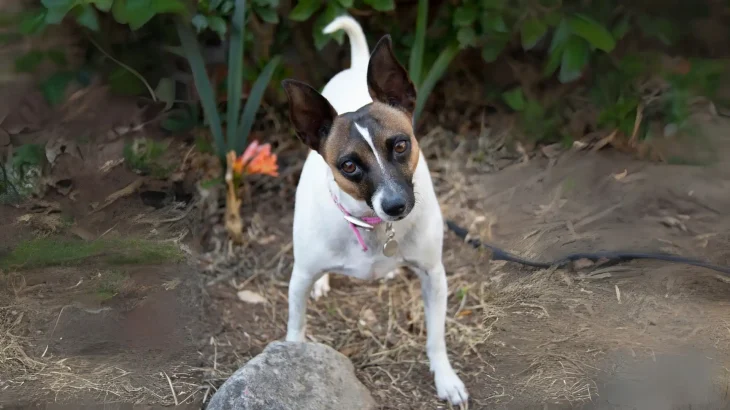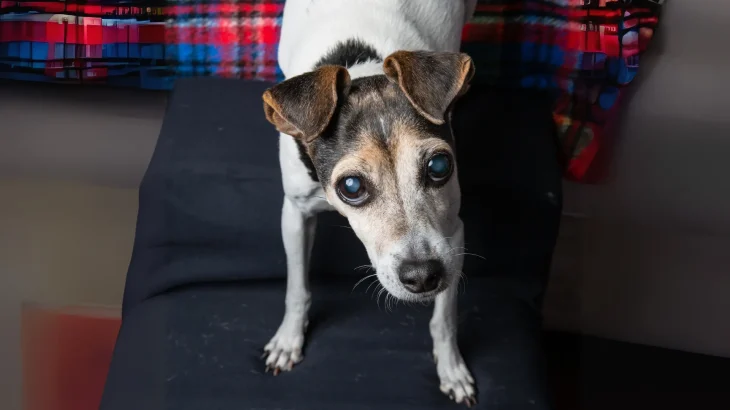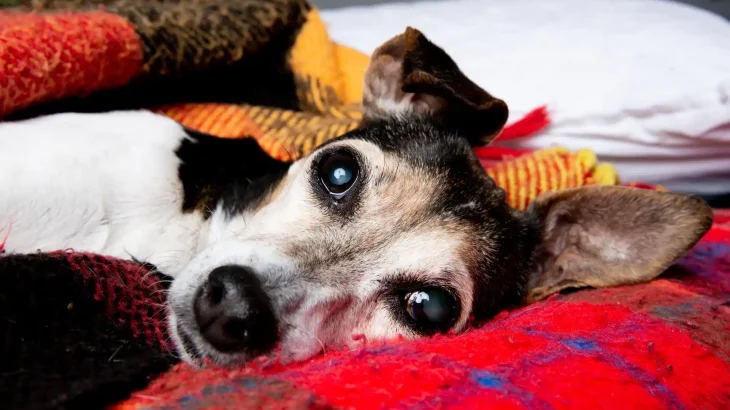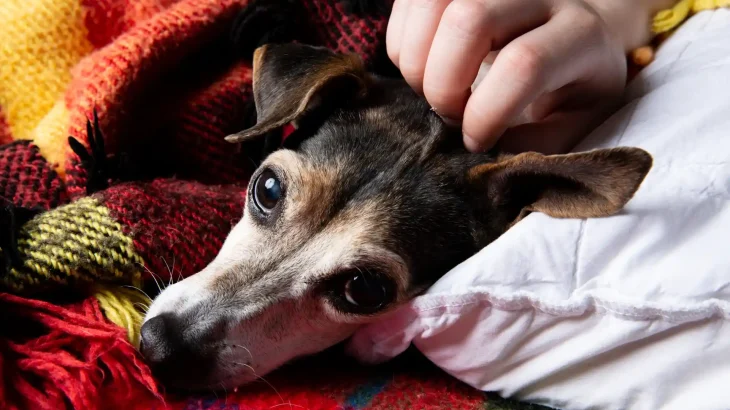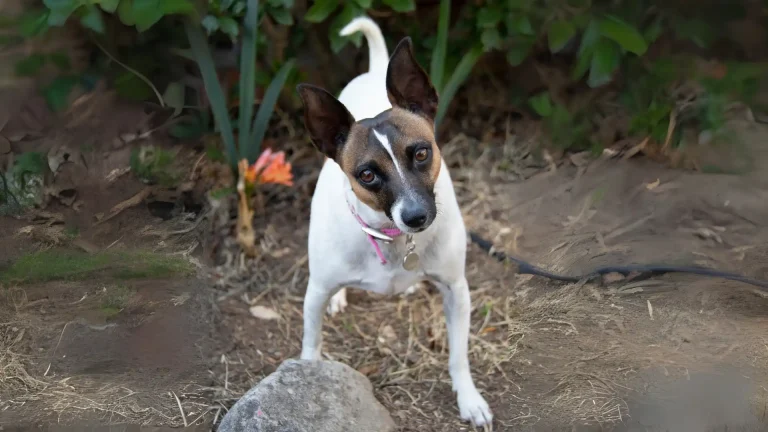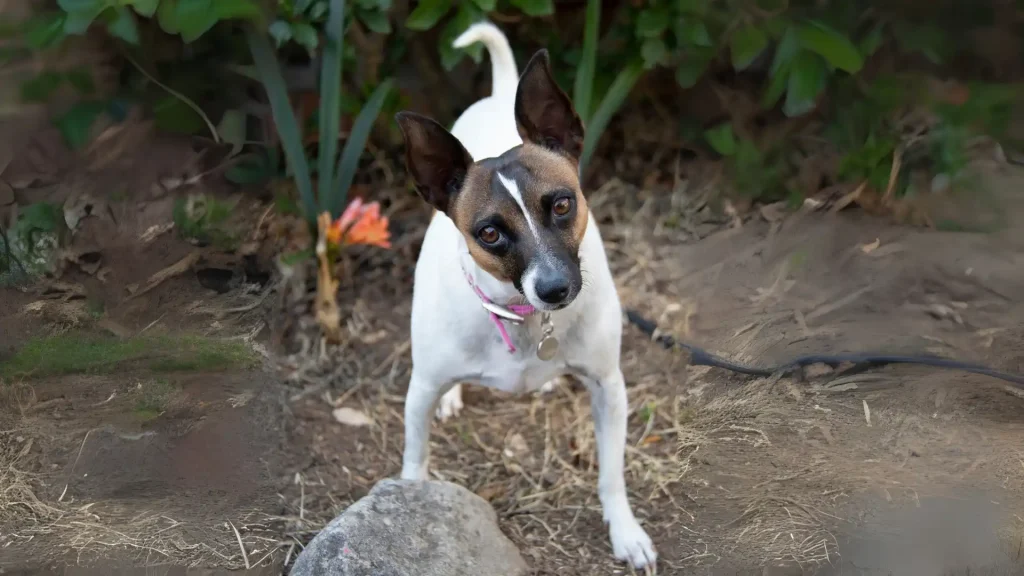When deciding between adopting or purchasing a Brazilian Terrier puppy, the choice often comes down to access to breed-specific knowledge and assurance of health and lineage. Buying from a breeder usually offers clearer details on the puppy's genetic background and traits, while adoption gives a chance to provide a home to a dog in need, sometimes without full early history.
Adoption vs. Breeder: Pros & Cons
| Criteria | Buying from Breeder | Adopting from Shelter/Rescue |
|---|---|---|
| Cost | Generally higher, reflecting purebred status and breeder expenses. | Lower, usually limited to adoption fees and basic care. |
| Health History | Detailed records and genetic screenings often provided. | Health background may be incomplete; basic checks performed. |
| Age Availability | Often puppies, allowing early socialization and training. | Varied ages, including adults, offering different experiences. |
| Temperament Insight | Breeders share lineage-related behavior expectations. | Shelter staff report observed behavior but may lack full history. |
| Supporting Practices | Supports responsible breeding when choosing ethical breeders. | Helps reduce shelter populations and gives dogs homes. |
| Breed Purity & Pedigree | Provides pedigree documentation and breed standards assurance. | Less likely to guarantee purebred status or full pedigree info. |

